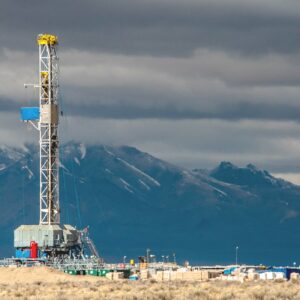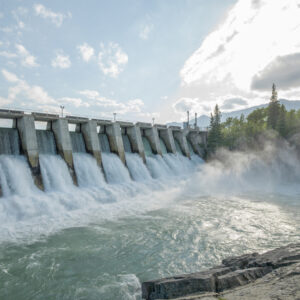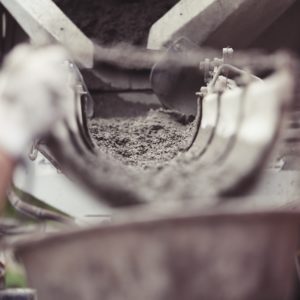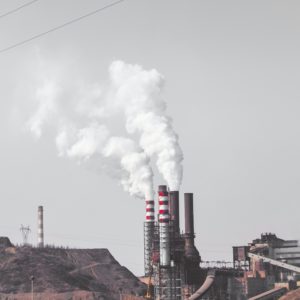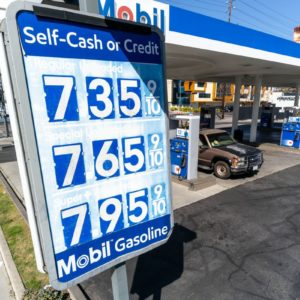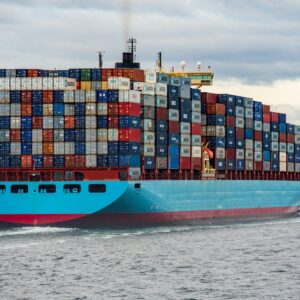A Trump-Vance administration could provide relief to consumers and businesses by modernizing regulations, supporting innovation, and increasing competition to allow the market to meet America’s energy needs.
How fracking could unlock a clean energy future
"To extract enough heat in places with cooler rock, geothermal developers must drill 15,000 feet or deeper, which is more expensive. Faster drilling helped the oil and gas industry dig deeper to squeeze more profits out of shale rock, and analysts expect geothermal drilling speed to similarly improve."
American Dams Will Keep Failing Without Permitting Reform
Permitting reform is needed to improve at-risk dams and keep clean, affordable hydropower online in the U.S.
Solar panel waste makes EV batteries 99.9% efficient, retain 83.1% capacity
"The team used a 3M solution of LiPF6 electrolyte dissolved in a 1,3-dioxane and dimethoxyethane solution mixed with a volumetric ratio of 1:3. The unique chemical formulation helps form a solid-electrolyte interphase (SEI) that holds together silicon particles, even when they are fractured during charge-discharge cycles. This aids in maintaining the ionic conduction and keeping unnecessary reactions to a minimum."
Concrete battery developed by MIT and Harvard researchers makes headlines again for its promising potential in powering devices
"The power-storing building material could also help to offset some of the air pollution generated by the cement industry, widely reported as spewing 5-8% of worldwide planet-warming gas pollution. Those harmful, heat-trapping fumes are contributing to a warmup that is impacting even classroom performance, according to the Environmental Protection Agency."
Tony Robbins Bet $200 Million on a Green-Energy Breakthrough. Proof It Works Remains Elusive.
"What differentiates Omnis’s method from others, Hodson said, is that it plans to heat coal to temperatures as high as 5,500 degrees Fahrenheit—about half the temperature at the sun’s surface and twice what is required to make steel. The superhigh heat, he said, will convert coal into higher-quality carbon products, such as graphite."
Five Ways to Help Lower Gas Prices
While the U.S. can’t control supply disruptions in other countries or when demand increases in India, there are policy levers Congress and the administration can pull to help in the short and intermediate run.
Anti-ESG Legislation is Unpopular and Costly
Rather than restricting certain investment strategies, policymakers should embrace policies that unlock investor freedom and leave politics out of it.
Trade is key to countering China’s clean energy dominance
"Support for increased economic openness, new trade agreements and the World Trade Organization is already retreating in Washington. It would be a major policy error, however, to conflate concerns about imports from China with concerns about trade more broadly. Indeed, the only way to effectively counter China’s dominance in clean energy technologies is to embrace more, not less, trade with most other nations."
Wyoming Hits the Rare-Earth Mother Lode
"Smart resource regulation is of course necessary, but we know more today than we ever have about how to protect the environment while powering a diverse economy. If the U.S. refuses to press its natural advantages, it will cede global leadership to China."
Copyright © 2020 Conservative Coalition for Climate Solutions

